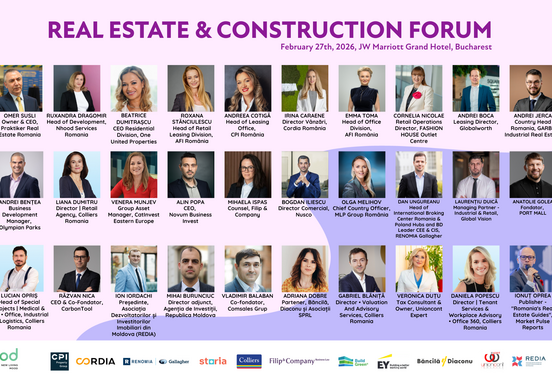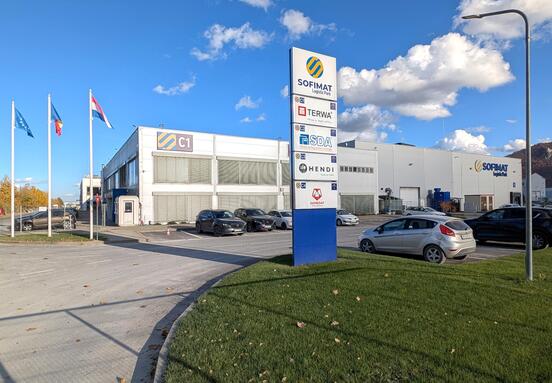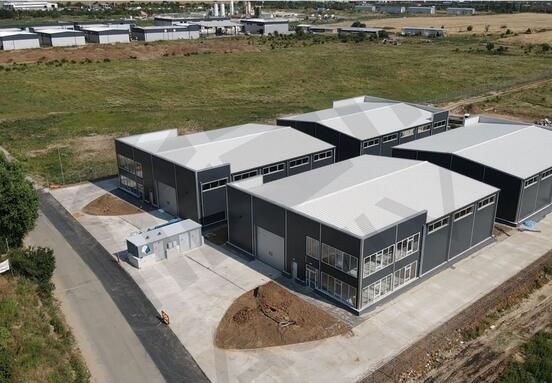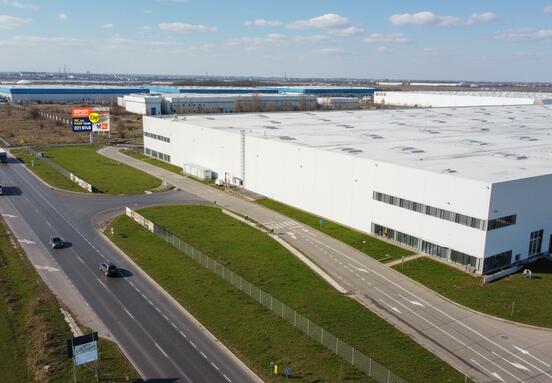The political landscape in Central and Eastern Europe is undergoing notable changes. The election of Nicușor Dan, formerly the mayor of Bucharest, as Romania's president on May 18, 2025, and the strong performance of Rafał Trzaskowski, the current mayor of Warsaw, in the first round of Poland's presidential election, highlight a potential regional shift towards more centrist and pro-European leadership. For businesses operating or looking to expand in the CEE region, understanding the priorities of these leaders, particularly regarding urban development and sustainability, is crucial for navigating the future of the commercial real estate market.
Bucharest: Prioritizing Regulated Growth and Preservation
Nicușor Dan's tenure as Bucharest mayor was marked by a clear stance against unchecked real estate development. His focus on preserving historical architecture and ensuring urban planning integrity suggests that his presidential role could influence national policies towards more regulated and potentially slower-paced urban growth. For the Bucharest office and warehouse market, this could mean a more stringent approach to permitting for new developments, potentially impacting the speed and availability of new supply. Businesses seeking modern, large-scale facilities might need to factor in potentially longer development timelines or increased focus on adapting existing structures, while demand for well-located, existing prime stock could strengthen.
Warsaw: Championing Sustainable and Green Development
In Warsaw, Rafał Trzaskowski has been a vocal advocate for sustainable urban development, emphasizing green infrastructure and climate resilience. His initiatives as mayor, such as implementing a comprehensive Green Building Standard for municipal investments and setting ambitious climate goals, point towards a future where environmental considerations are paramount in real estate development. Should Trzaskowski secure the presidency, these priorities could be elevated to a national level. This would likely accelerate the demand for and development of green-certified office and warehouse spaces in Warsaw and potentially other Polish cities. Businesses seeking space will increasingly need to prioritize energy efficiency, sustainability features, and compliance with evolving environmental standards, which could influence both capital expenditure (fit-out costs) and operational expenditures (energy bills).
Navigating the Future Real Estate Landscape
These political shifts suggest a future where urban development in key CEE markets like Bucharest and Warsaw will likely be guided by principles of sustainability, controlled growth, and regulatory adherence. For companies evaluating office or warehouse locations, this means paying close attention to:
- The regulatory environment for new construction and permitting processes.
- The availability and characteristics of green-certified or sustainable properties.
- The long-term costs associated with energy consumption and environmental compliance.
- The potential value of well-maintained, existing properties that meet current or future standards.
Understanding these evolving priorities will be key for businesses to make informed decisions regarding their commercial real estate needs in Central and Eastern Europe.







